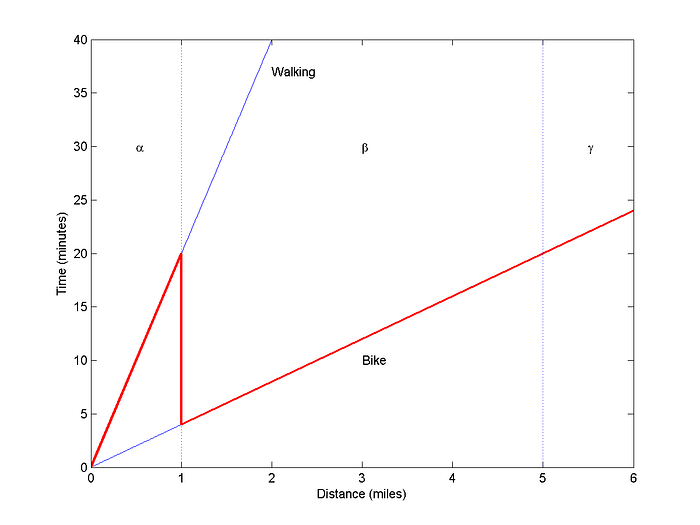The Region-Beta Paradox: Why You’re Better Off When Things Are F*cking Terrible

“When the going gets tough, the tough get going.”
Have you ever noticed that you’re able to bounce back faster from a really tough situation than you are from something that’s just sort of annoying? It turns out, there’s a scientific reason for this phenomenon, known as the region-beta paradox.
What is the Region-Beta Paradox?
According to research (such as Haidt and Keltner’s 1997 study), intense emotions or pain can actually trigger psychological defense processes that help us cope and recover more quickly. On the other hand, if the level of stress or discomfort is not as intense, we may not engage in these same defense mechanisms and the recovery process can take longer.
“Sometimes the biggest strength is simply being able to survive.”
This paradox has been observed in the psychological effects of exposure to terrorist attacks and has been modelled in affective computing. But it’s not just limited to extreme situations — it can also apply to our everyday lives.
How Does the Region-Beta Paradox Apply to Our Everyday Lives?
“When the going gets rough, the rough get tougher.”
For example, in the workplace, if you’re unhappy with your job but not experiencing intense levels of stress, you may be less likely to look for a new job or make changes to your current situation. But if the job becomes really unpleasant or stressful, you may feel more motivated to take action and improve your situation. In other words, when your job is a complete and total disaster, you’re more likely to do something about it.
On the flip side, if you’re just tolerating a job that’s “good enough,” you may not feel as motivated to make changes, even if it’s not the best fit for you. This can lead to a decline in job satisfaction and productivity, as well as negative impacts on your mental and physical health. In other words, when your job is just sort of meh, you’re less likely to do anything about it.
“When the going gets tough, the tough get strategic.”
The region-beta paradox can also apply to personal relationships. If you’re in a relationship that’s just “good enough,” you may not feel the need to seek support or make changes. But if the relationship is causing you intense pain or distress, you may be more likely to take action to improve the situation. In other words, when your relationship is a complete and total disaster, you’re more likely to do something about it.
What Can We Learn From the Region-Beta Paradox?
“When the going gets tough, the tough get honest.”
So what does this all mean? Essentially, it’s important to pay attention to and address intense emotions or pain in our lives, whether it’s in our careers or personal relationships. By engaging in psychological defense processes and seeking support, we’re better able to cope with and recover from difficult situations. On the other hand, if we just tolerate or adapt to low levels of stress or discomfort, we may not be as effective at dealing with the situation in the long run. In other words, when things are just sort of sucky, we’re less likely to do anything about it. By understanding this paradox, we can make more informed decisions about how to handle challenges in our lives.
The End
Look, let’s be real here. When sht hits the fan and things are fcking terrible, we’re more likely to do something about it. We’ll find the strength to act and overcome any obstacle that comes our way. But if things are just sort of sucky and tolerable, we may not feel as motivated to make any changes. That’s the whole point of this region-beta paradox crap.
So don’t just sit there and accept things as they are. If something is causing you intense pain or distress, do something about it. Seek out the tools and support you need to cope and recover. And if you’re just barely getting by and things are “good enough,” maybe it’s time to shake things up and aim for something better.
You deserve to be happy and fulfilled in your career and personal relationships. Don’t let the region-beta paradox hold you back. Take charge and make the changes you need to live your best life.
